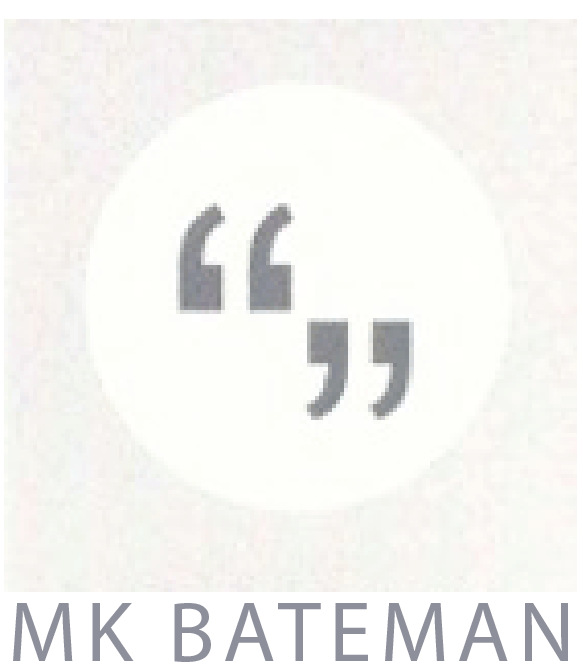1515 Bull St.
Originally Published August, 2, 2017 on Prowdr.com
On Thursday, July 13, Savannah, Georgia’s LGBT community celebrated the grand opening of the Savannah LGBT Center. With estimates of between 10,000 to 16,000 people identifying as LGBT in a city of about 146,000, it’s been a long time coming.
Instead of a traditional ribbon-cutting ceremony, the center hosted a block party so everyone (gay, straight and non-conforming) could participate. People crowded into the new center to sip on drinks, tour the facility and enjoy live music and dancing. “It’s been a big story in Savannah,” said Billy Wooten, chairman of the Savannah LGBT Center Committee. “All the local television stations and the newspaper carried the event.”
This is quite a shift for First City Network (FCN), the not-for-profit organization behind the LGBT Center’s development. Founded in 1985, FCN is Georgia’s oldest LGBT organization. In 1986, FCN members registered numerous complaints with the local press about its homophobic editorials and AIDS-ignorant commentaries. In fact, the same media that covered the center’s opening last week would not even use the terms “gay” or “lesbian” in advertising back then. Because of First City Network’s public education campaigns, policies were changed and the local media began to ask questions and truthfully report about both the LGBT community and HIV/AIDS.
From there, FCN branched into social and educational activities, along with networking opportunities. “Prior to the internet, if you wanted to meet people in the LGBT community in Savannah, you went to a First City event. That’s how you met people,” said Wooten. Over its thirty-two-year existence, FCN has worked tirelessly to promote equality, educate the public, nurture networking and advocate for fairness and the elimination of discrimination.
The first talk of creating an LGBT Community Center began as early as 1988 and would come up occasionally over the years. Eventually, the auxiliary rooms in First City Network’s offices became a sort of quasi-center with the Pride Group, the Youth Group, AA and NA groups and a church using the offices for meetings.
About three years ago, Billy Wooten joined the board after retiring from a career in nonprofit management. “We started actively talking about taking the step to create an LGBT Community Center.” He remembers. “The board voted unanimously.” A local gay couple offered a $25,000-challenge grant, which was successful and sparked momentum.
They were cautious with the process, however. There were a number of uncertainties to work through: operational factors, neighborhood considerations and the reception by the larger Savannah community. To begin with, the decision was made to find a rental space, instead of purchasing property.
As serendipity tends to happen when things are moving in the right direction, a straight ally—an immigrant from Japan—offered an unused space that was ideal. When Wooten first met with him, the man told him, “When I came to America in 1971, I knew maybe three or four words of English. I know what it’s like to feel excluded and marginalized. I couldn’t be happier that a group like yours would want to use this space.”
The space was unfinished, so FCN set out to find members of the LGBT community and allies to assist in drawing up plans, undertaking the construction and painting the building. “We probably paid about 50 percent of what we would have paid, and we got the rest of it through donations from people who wanted to see the center become a success,” Wooten said.
The building, located at 1515 Bull Street, is going through what Wooten describes as “a soft opening.” One of the main focuses at the center will be developing wellness programs, including HIV testing. They will also be setting up all types of individual and group sessions to support all types of health issues for LGBT community members. Further, a pastoral group will take the lead on working with people regarding issues of faith. The building, itself, is handicap accessible and has gender-neutral bathrooms. “It’s very crucial,” Wooten said, “that this is a safe place for teens, a safe place for those who may feel bullied or are having issues with acceptance. There are transgender people in the community who many times are scared to be who they are.”
The front room of the center will become a gallery space. In partnership with the Location Gallery—a gay-owned-and-operated business—they plan to host between eight to ten art exhibitions a year. In addition, there will be opportunities for pop-up shows for LGBT artists. Part of the proceeds from these shows will help fund the center’s operating expenses.
The center will serve partner agencies that will use the building for their events, functions and meetings. In addition to FCN, these will include Savannah Pride, Savannah Stand Out Youth, Transgender Empowerment and Education (TEE), Georgia Equality and the Georgia AIDS Coalition.
Feedback from the broader community in Savannah has been excellent. “We have had a couple of people express concerns for our safety, suggesting that we’ve created a focal point for someone who wants to create mayhem,” Wooten admits. “We are going to do everything in our power to keep that from happening. What’s most important is our need to be visible and out.”
According to Wooten, “The rhetoric that we’re hearing from our national leaders in Washington is only helping us talk to donors. Donors don’t have to ask: ‘Why do you need this money?’ All they need to do is look at the daily newspaper to see a new effort being made to take a right away. In fact, our fundraising has gone very well, but we’ve only scratched the surface.”
